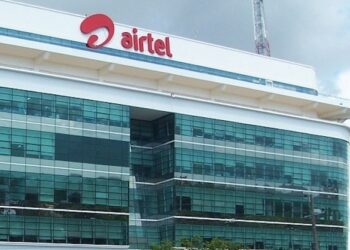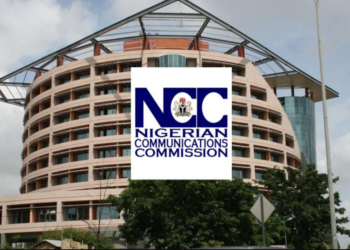The Executive Vice Chairman of the Nigerian Communications Commission (NCC) Dr. Aminu Maida, has said that telecommunications operators in Nigeria are currently facing immense challenges with frequent fibre cuts, vandalism, and theft of equipment costing them billions of Naira.
Maida stated this against the backdrop of the recent declaration of telecom infrastructure as Critical National Information Infrastructure (CNII) by President Bola Tinubu through an Executive Order.
Delivering the keynote address at the launch of the CNII Protection and Resilience Workshop, organized by the National Cybersecurity Coordination Centre (NCCC) under the Office of the National Security Adviser, Maida said Nigeria is now set to address the challenge.
Implementing the Order
While noting that workshop series was to drive the urgent implementation of the CNII Executive Order as a major step towards securing Nigeria’s communications and digital infrastructure, the NCC boss said:
“The telecom industry faces significant challenges, including frequent fibre cuts, vandalism, and theft, which cost operators billions of Naira in revenue and billions of Naira in repair expenses.
“Additionally, restricted access to telecom facilities by property owners and government entities hampers network expansion efforts, limiting connectivity and impacting service quality.”
Backstory
Over the years, stakeholders in the Nigerian ICT sector have been calling on the government to designate telecom infrastructure as a critical national asset to address the persistent attacks on the infrastructure across the country.
- In March this year, the Chairman of the Association of Licensed Telecommunications Operators of Nigeria, Gbenga Adebayo, reiterated the call as Nigeria suffered an internet outage due to damage on some fibre optic cables.
- In 2023 alone, MTN Nigeria said it suffered more than 6,000 cuts on its fiber cable. The operator relocated 2,500 kilometers of vulnerable fiber cables between 2022 and 2023, at a cost of more than N11bn —enough to build 870 kilometers of new fiber lines in areas without coverage.
- Earlier this month, the Chief Executive Officer of Airtel Nigeria, Carl Cruz, while speaking during an industry forum, said the telecom company has been recording an average of 1,000 cases of fibre cuts every month.
What you should know
Meanwhile, the designation of telecom infrastructure as a critical national asset may not address the challenge except the government shows the political will to enforce the Order.
- In June 2020, the immediate past Minister of Communications, Dr. Isa Panatami announced a similar action by former President Muhammadu Buhari.
- According to Pantami, Buhari approved and also directed that necessary physical protective measures be put in place to safeguard telecommunications infrastructure deployed across the country.
- With the presidential directive, the Minister said the Office of the National Security Adviser (ONSA), Defence Headquarters (DHQ), Nigeria Police Force (NPF), Department of State Security Services (DSS), and the Nigeria Security and Civil Defence Corps (NSCDC), had been notified of the President’s directive and are expected to enforce same as directed.
However, this failed to have any impact as vandalism of the infrastructure has remained a daily occurrence across the country to date.


























